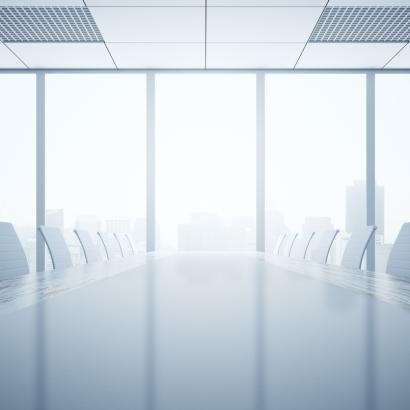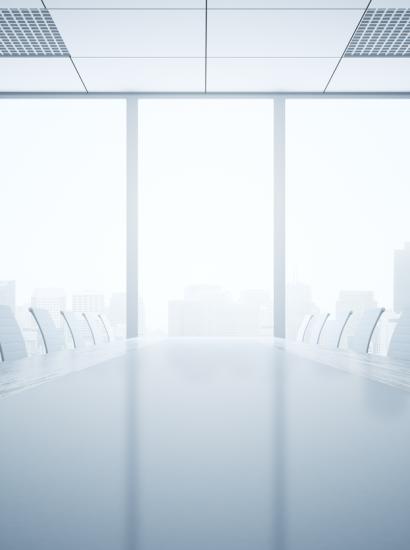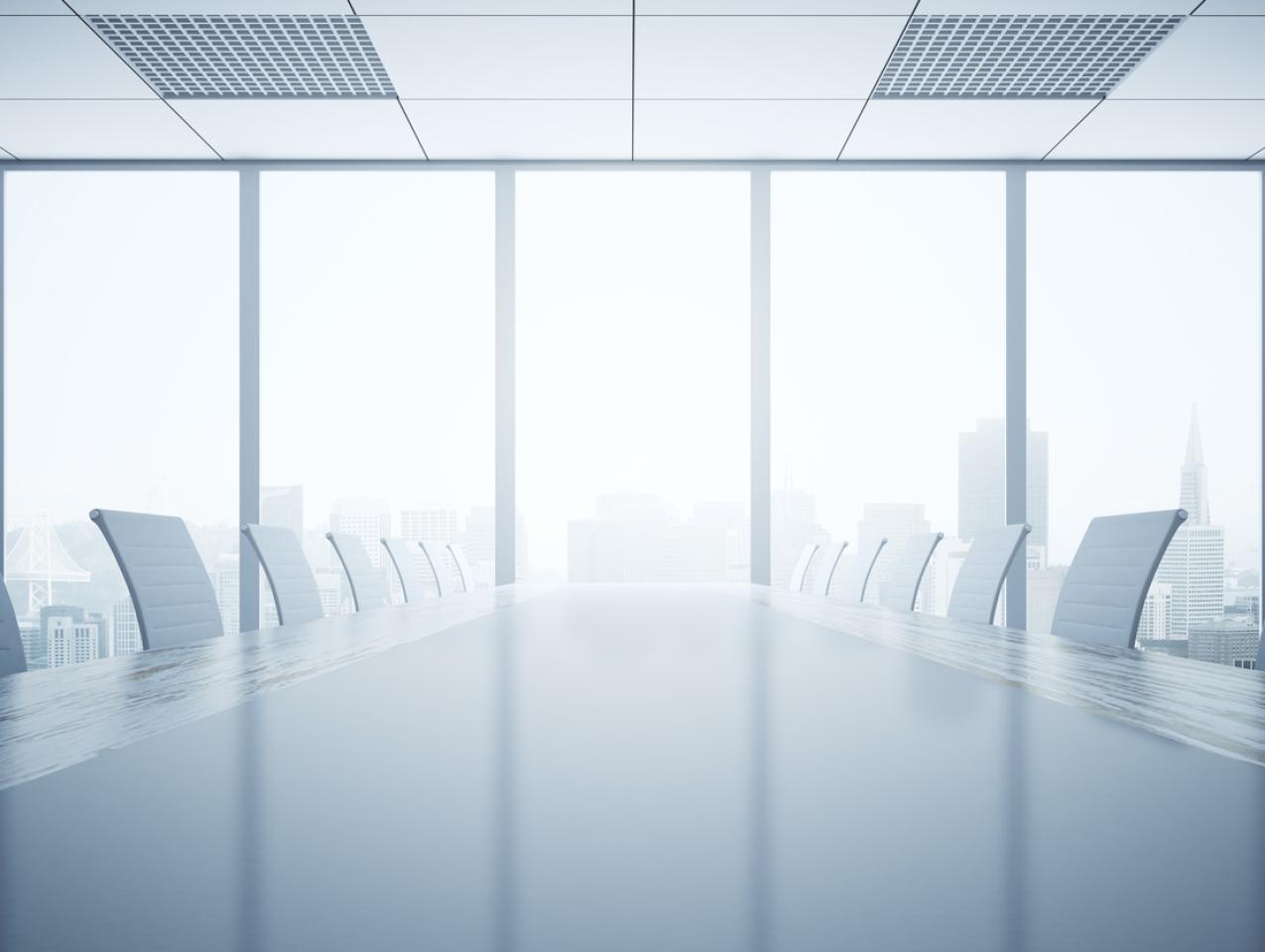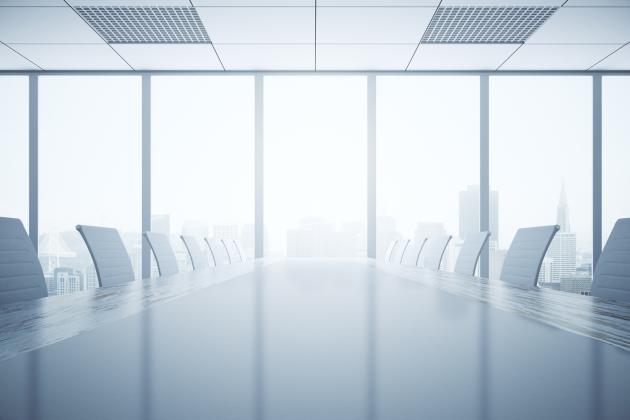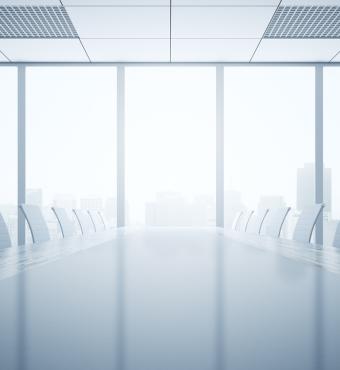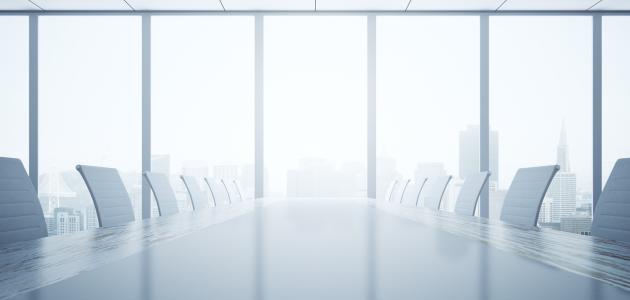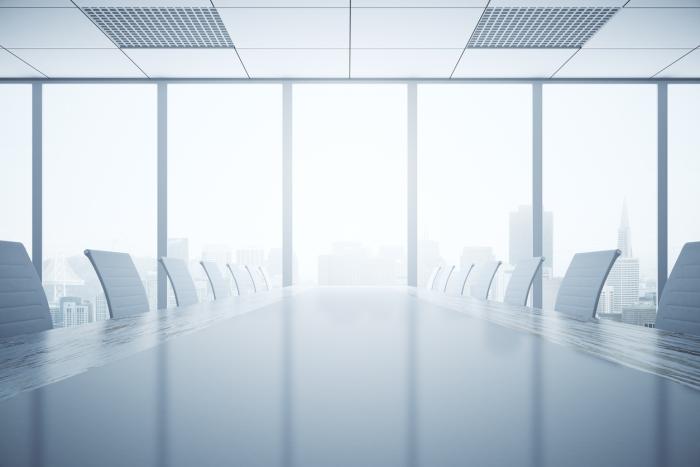- Economics
Hoover Institution (Stanford, CA) – During a session at the Hoover Institution’s 2021 Virtual Spring Retreat in April, Hoover scholars, accompanied by military and business leaders, explored the role of technology in national security strategy, as well as government’s role in fostering innovation.
In what marked the first public session of Hoover’s Working Group on Technology, Economics, and Governance, participants included the project’s cochairs, senior fellows John B. Taylor and Amy Zegart; former CISCO chair and CEO John T. Chambers; and retired US Air Force chief of staff, General David Goldfein.
Taylor kicked off the session by describing the current exodus of firms and talent from California. In December, Hewlett Packard announced that it will be leaving its longtime Palo Alto headquarters for the Houston, Texas, metropolitan area. This news was followed by Oracle’s decision to leave Redwood City for Austin, Texas. Elon Musk also revealed that he would be moving his personal residence to the Lone Star state. In March, Musk disclosed via tweets that he was hiring several thousand people to work at new Tesla plants and SpaceX launch sites in South Texas.
Taylor was underscoring a central point that if an individual state is to remain economically competitive and retain its wealth, it must have a tax and regulatory environment that supports entrepreneurship, especially companies at the cutting edge of technological innovation. Taylor noted that, compared to California’s 13.3 percent top marginal individual tax rate and an 8.84 percent rate on corporations, Texas doesn’t assess its residents in either category.
“This is a national lesson,” Taylor said. “We can learn from what’s not working so well . . . and what’s working better.”
Taylor also addressed efforts by congressional officials on both sides of the aisle to rein in big-tech and social media companies for various and conflicting reasons. While some on the Hill accuse these firms of permitting the rapid spread of disinformation on their platforms, other politicians condemn what they perceive as selective censorship of political speech. Taylor stressed that it’s also important to highlight the economic benefits these companies provide in expanding digital connectivity and the free flow of information, and therefore competition.
Chambers provided context about how change has historically disrupted technology companies. For example, while IBM dominated the mainframe computer market, it lost its industry leadership position with the advent of minicomputers. In a similar case, CISCO was the world’s top supplier of network hardware and software, but it now ranks below competitors in market share of cloud computing services.
“In each of those segments, without exception, the leader of the first one was never the leader in the second one,” Chambers asserted.
Chambers explained that technological innovation is changing at three to five times the speed of previous eras. He argued that the key drivers of innovation are policies that encourage startup companies to thrive. Unlike large companies such as IBM, startups remain unencumbered by an entrenched company culture and can quickly attract significant amounts of capital and top talent toward the creation of cutting-edge products.
“All I need is a one- to two-year advantage,” said Chambers, who oversees a diverse portfolio of twenty startups. “It doesn’t matter if it’s a big competitor or a small competitor: we’ve got them.”
Chambers argued that American leaders should set as a national priority the digital transformation of the nation’s economy and infrastructure. He said that such an initiative should be inclusive of diverse groups of people across every state, stressing that in achieving these ends, government, universities, and the business community should form fruitful working relationships.
General Goldfein stressed that the digital transformation of the US military is pivotal to maintaining a tactical and strategic advantage against America’s competitors. He recalled that as chief of US Central Command Southwest Asia Air Forces from 2011 to 2013, he oversaw the most elaborate operation at the Department of Defense. Goldfein commanded aircraft, weapons systems, and various contingents of military specialists.
However, Goldfein said he lacked the capacity to connect with weapons systems by sharing reliable data with colleagues, partners, and allies at a speed that would give him an overwhelming decision-making edge over adversaries. This shortcoming, he explained, afflicts the entire defense apparatus and can be best corrected by working with industry to create and integrate relevant technologies.
“My future is in software, yet today I’m a hardware company,” Goldfein emphasized, likening the Air Force to a startup company. “I cannot get there without Silicon Valley. I cannot get there without what industry brings to the table. “
Zegart explained that rapid technological innovation is transforming the nature of geopolitical competition. Further complicating this landscape, she added, is that many different technologies, such as artificial intelligence and quantum computing, are all converging at the same time and can be used in the commercial and military domains.
Zegart said that unlike previous competitions, a country’s strength can be its greatest weakness. Widespread digital connectivity leaves governments, economies, and critical infrastructure exposed to cyberattacks. Meanwhile, free and open societies are easily exploited by the pervasive flow of disinformation via social media.
Zegart also noted other key differences in the modern competitive landscape. Today, governments aren’t the only stakeholders in national security. Multinational technology companies face increased pressure to make decisions outside their traditional scope. For example, following the January 6 assault on the US Capitol, Twitter and Facebook made the extraordinary move to permanently suspend the accounts of the sitting president of the United States. Following the December 2015 terror attacks in San Bernardino, California, Apple Inc. refused to comply with an FBI order to build a back door for the iPhone so special agents could access encrypted data on the suspect’s device.
Additionally, intelligence is being collected around the clock, from social media companies and firms extracting user data to individuals recording on their smart phones and other handheld devices.
“This is not your parents’ great-power competition,” Zegart said. “Technology is changing the fundamentals of geopolitics, and we have to better understand these fundamentals to enhance American leadership.”
WATCH THE DISCUSSION








